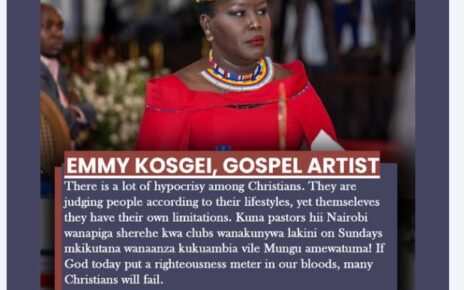In the realm of education, the saying “Afadhali mimi nimesoma kidogo” reverberates as a poignant reminder of the value of learning, regardless of the extent. This Swahili proverb encapsulates the idea that any level of education is preferable to none, highlighting the intrinsic worth of knowledge acquisition. It underscores the belief that even a small amount of education can empower individuals to make informed decisions, enhance their cognitive abilities, and contribute positively to their communities. This adage transcends linguistic and cultural boundaries, serving as a universal call to embrace learning as a means to personal growth and societal progress.
In a stark departure from the sentiment of the proverb, a recent altercation between Angry Kimbikimbi and Casypool underscores the perils of hubris and underestimating the value of education. In the Swahili retort, “Wewe Casypool umeekwa na Mumama,” Angry Kimbikimbi chastises Casypool for his perceived arrogance and lack of knowledge. The use of colloquial language adds a layer of intensity to the rebuke, emphasizing the consequences of disregarding education. This confrontation serves as a cautionary tale, highlighting the potential ramifications of neglecting learning and underestimating the significance of knowledge in interpersonal dynamics.
The clash between Angry Kimbikimbi and Casypool illuminates the broader implications of the proverb “Afadhali mimi nimesoma kidogo.” It serves as a vivid illustration of the power struggle that can arise when one party believes they possess superior knowledge or skills. The confrontation also raises questions about the role of emotional intelligence in such encounters – could a more empathetic understanding of each other’s perspectives have defused the situation? Ultimately, this incident underscores the vital role that education plays not only in expanding intellectual horizons but also in fostering empathy, understanding, and harmonious coexistence within society.



